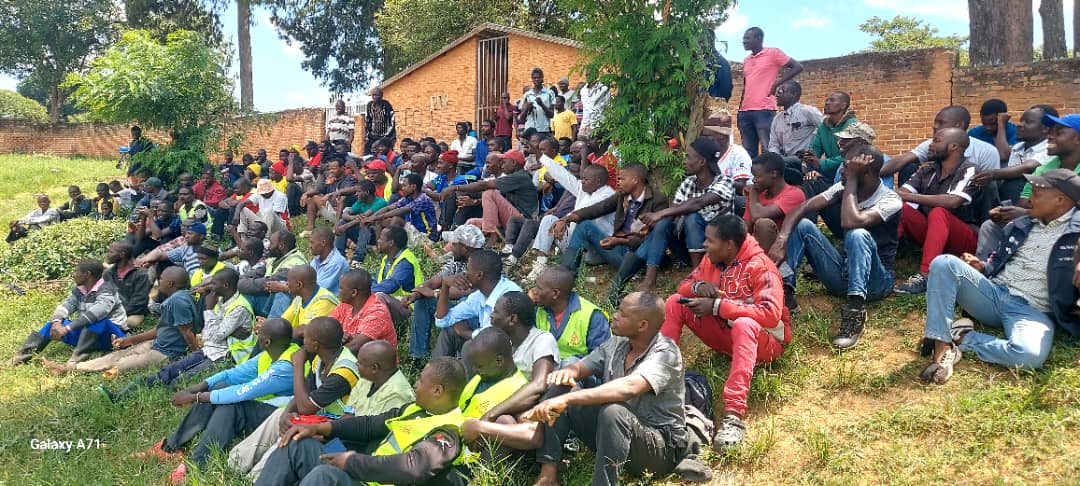Non-Governmental Organizations Regulatory Authority (NGORA) has called for positive adherence in the submission of Non- Governmental Organizations (NGOs’) annual reports in a bid to foster accountability and transparency among them in the country.
In an interview with Malawi News Agency (MANA) Monday in Lilongwe, Spokesperson for NGORA, Lucy Bandazi said resources obtained by NGOs belongs to Malawians as such they have to be accountable.
“Since 2020, NGORA has been producingAnnual Sector Reports summarizing the finances and activities of various organizations in a particular year which is shared with the public and government to show the contribution of the sector towards the development of the country. However the sad reality is that adherence from NGO’s in the submission of their annual reports still leaves a lot to be desired,” she said.
Bandazi emphasized that in 2021 the adherence rate was as low as 43 percent with submission from 307 NGOs only out of 715.
Chairperson of the Council for Non-Governmental Organizations in Malawi (CONGOMA), KossamMunthali lamented on the inadequate information NGOs had on the exercise for the poor compliancy rate in the submission of annual reports in previous years.
“The 43 percent rate from 2021 compared to the previous rates is a step forward, because we used to have as low as 20 to 30 percent rate.
“We have had issues with some NGOs in terms of capacity to raise resources as some donors could not support the audit and some had no funds for almost a year and they didn’t know that even in such cases reporting their situation is still complying,” he said.
Munthali called for unity of purpose among all players and to be responsible when reporting with hopes of reaching a compliancy rate of at least 70 percent in 2023.
Meanwhile NGORA has set June 30, 2023 as the deadline for the submission of the 2022 NGOs’ annual reports.





